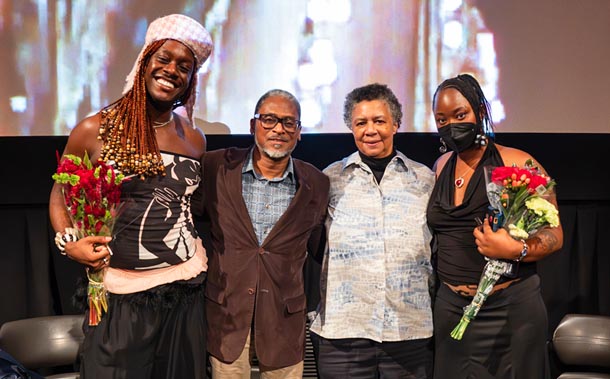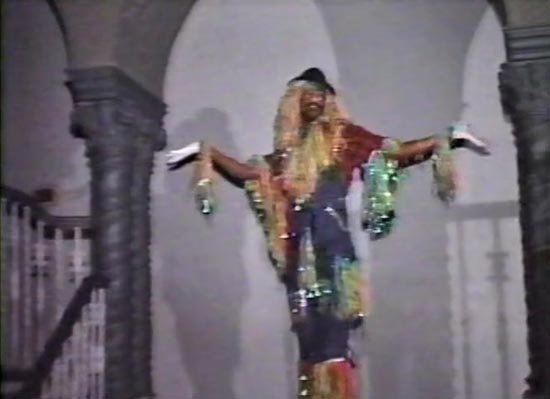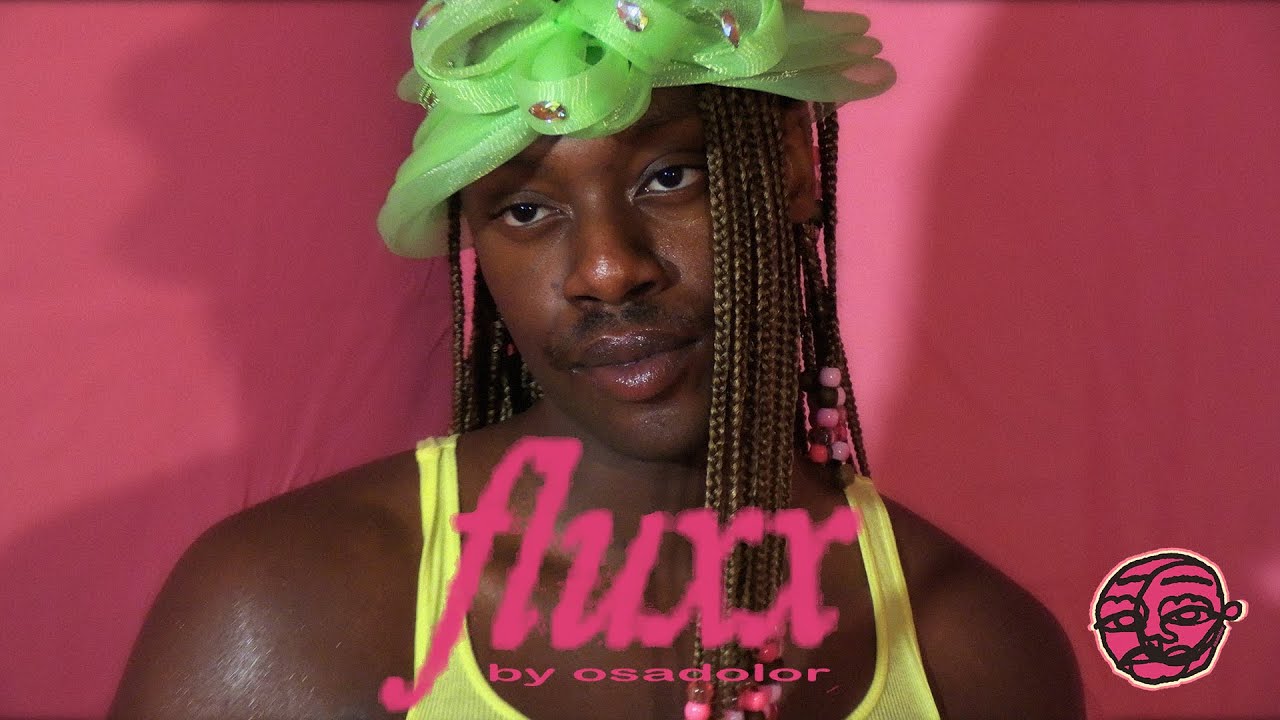Often, people make assumptions about the gender of another person based on the person’s appearance or name.
These assumptions aren’t always correct, and the act of making an assumption (even if correct) sends a potentially harmful message — that people have to look a certain way to demonstrate the gender that they are or are not.
Using someone’s correct personal pronouns is a way to respect them and create an inclusive environment, just as using a person’s name can be a way to respect them.
Just as it can be offensive or even harassing to make up a nickname for someone and call them that nickname against their will, it can be offensive or harassing to guess at someone’s pronouns and refer to them using those pronouns if that is not how that person wants to be known. Or, worse, actively choosing to ignore the pronouns someone has stated that they go by could imply the oppressive notion that intersex, transgender, nonbinary, and gender nonconforming people do not or should not exist.
A great way to create and normalize space for people to share their pronouns is to first share your own. You can do this by saying, for example, “Hi, my name is Farida and I go by the pronoun ‘she’” or “I’m Yoshi and my pronouns are ‘he/him’.”
Me? Please use ze/zir/zirs
A person who goes by “ze” pronouns is generally referred to using “ze” and associated pronouns (only in the third person), usually as “ze/hir” pronouns or “ze/zir” pronouns, though there are other variations. If in doubt, ask. Here are examples:
Ze/hir example: “Ze is a writer and wrote that book hirself. Those ideas are hirs. I like both hir and hir ideas.”
Ze/zir example: “Ze is a writer and wrote that book zirself. Those ideas are zirs. I like both zir and zir ideas.”
Note: “Ze” is usually pronounced with a long “e” and “hir” and its forms are usually pronounced like the English word “here.” Instead of ze/hir pronouns, some people go by “ze/zir” pronouns because of the more consistent pronunciation and spelling.
If you’d like to know more, and hear stories from trans and gender nonconforming people about their lived experiences with pronouns, please check out www.mypronouns.org.



